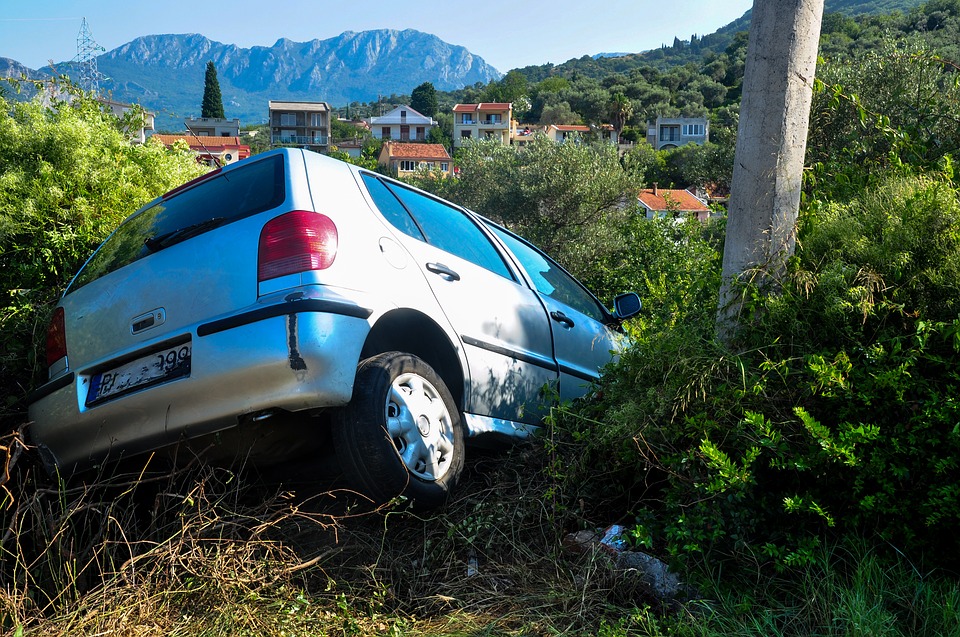Each year, at least 6 million car accidents happen on American roads. Luckily, the majority only result in damage to vehicles, and if a driver is insured, the cost of repairs or replacement can be covered by the insurance company.
But one in every three road accidents leads to personal injury of the driver or passengers and sadly, two out of ten injury-causing collisions are fatal.
If you are involved in a car accident, it’s important that you know how to react. This can be a high-stress situation, and being prepared to take the right steps will make all the difference in the aftermath.
Stop
If you are driving and involved in a traffic accident, you should never drive away from the scene, even if it’s only a minor bump. If you can, pull over at the nearest safe spot to inspect any damage to your car and exchange details with the other party for insurance purposes. You should also notify the police; they may or may not attend the scene depending on the seriousness of the collision.
Protect the Scene
Once you’ve stopped, it’s important to protect yourself and the scene from further accidents. If you are unable to move your vehicle off the road, you can alert other drivers to its presence by keeping your flashers on or setting up flares. If you were driving in the dark and your lights won’t work after the collision, wait in a safe spot by the side of the road away from your car. Keep a flashlight in your car to use in this situation.
Make an Accurate Record
When the police arrive at the scene, you should tell the investigating officer exactly what happened, as you remember it. It’s not unusual to be unsure of certain facts, so if this is the case, let them know. Don’t guess or speculate. If you’re not sure of something it’s best to just say so, especially if asked if you are injured. Often, injuries and pain from car accidents are not noticeable immediately after, but you’ll start to feel them hours later.
Take Photographs and Gather Information
If you can, take photos of any visible damage to the vehicles involved in the collision. If you have any visible injuries, it’s best to get a photo of these, too. But, make sure that your photos don’t interfere with the police investigation; if you’re unable to take photos straight away at the scene, take them as soon as you are able to. Speak to anybody who saw the accident take place and get their contact information.
Seek Medical Attention
Often, if you’re injured in a car wreck, you might not notice straight away – but this doesn’t mean you are fine. You should seek medical attention as soon as possible, even if you don’t feel any pain right now. Head to a local emergency room or see your doctor as soon as you can. It’s not uncommon for car accidents to lead to internal injuries or head injuries that aren’t noticeable at first, but can lead to serious health problems if left untreated.
Knowing what to do in the event of a car accident will help to process the scene quickly, gather important information and protect your health.







